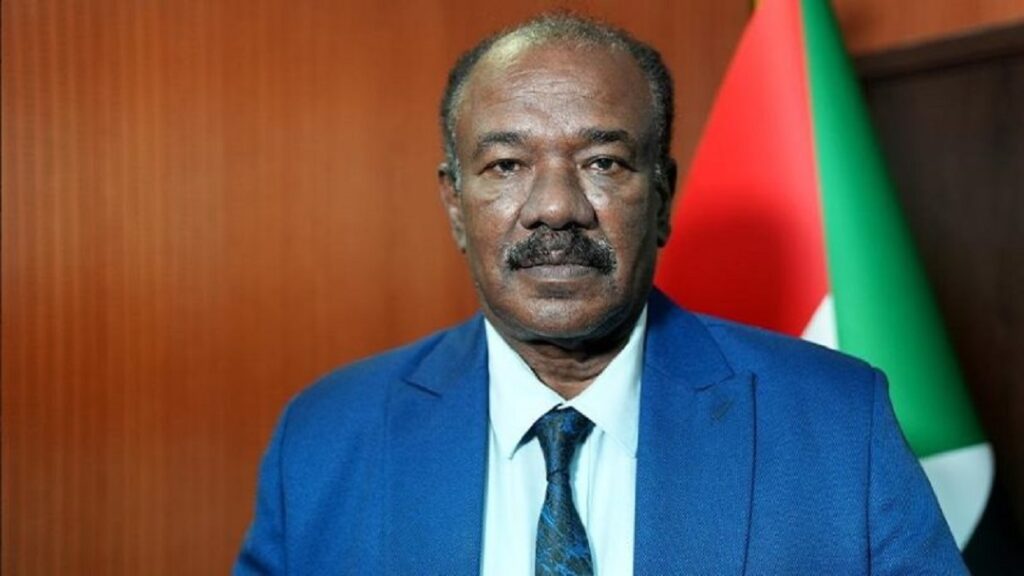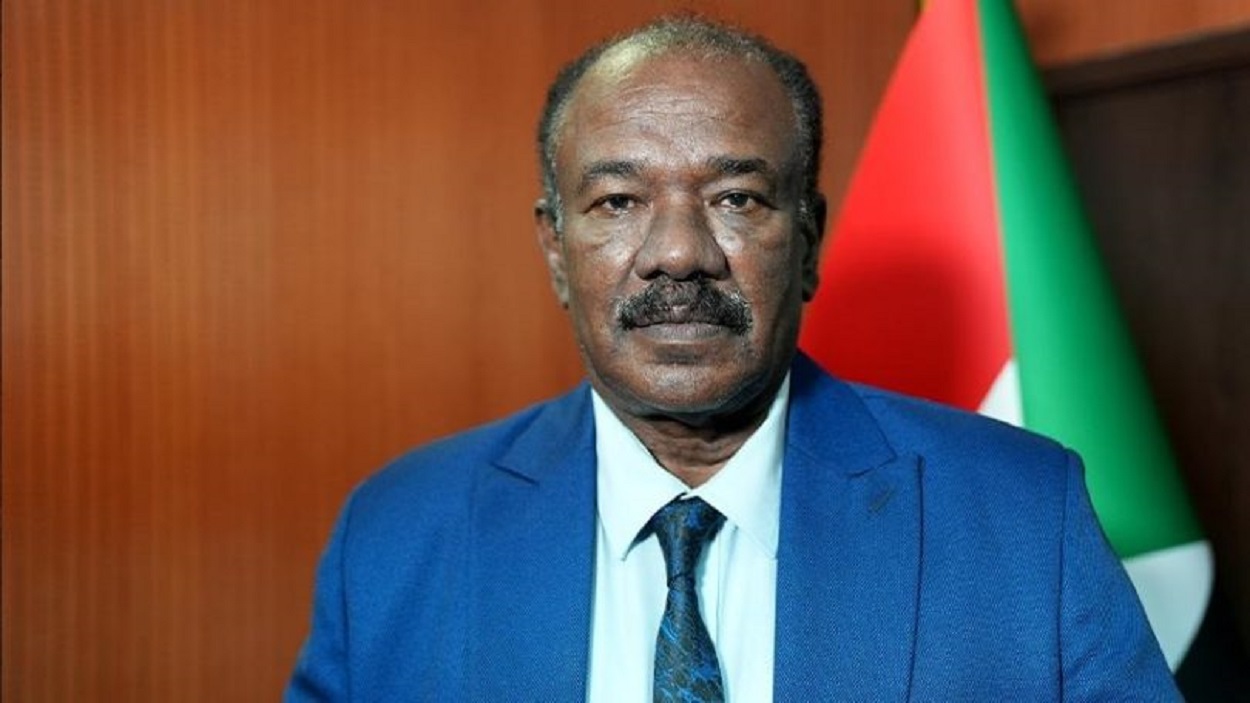
Al-Yurae – Agencies – Government officials continue to react to the food security crisis in Sudan, while international warnings of famine persist in multiple areas due to the ongoing conflict since April 2023.A tone of rejection and skepticism prevailed among government officials towards the Integrated Food Security Phase Classification (IPC) report on Sudan, which was issued last week and included UN-affiliated institutions.
On December 24, UN Under-Secretary-General for Humanitarian Affairs Tom Fletcher warned of the threat of famine to millions of lives in Sudan due to the ongoing conflict between the army and Rapid Support Forces.Numerous field reports from activists on the ground indicate a tragic situation for citizens in conflict areas in Darfur, displacement camps, and elsewhere.
Many activists condemned to (Al-Yurae) the repeated statements by the Minister of Agriculture denying the existence of famine in the country. They pointed out, for example, that since the outbreak of the war until now, relief supplies have not entered Khartoum.
Several reports indicated that the situation is extremely dire, affecting many in Khartoum State where violent battles are taking place, with people unable to find food, medicine, or even security
Reality on the ground:
Commenting on the UN report and government denial, Ayoub Khidr, a Sudanese humanitarian worker, told the Russian News Agency: “Recently, I read news about the Sudanese government denying the existence of famine or near-famine in Sudan. I work in humanitarian services and as a member of society, the reality confirms a severe humanitarian crisis experienced by Sudanese, with most institutions out of service, especially health institutions, in addition to problems with sufficient food availability and extreme poverty hitting all parts of the country, especially areas most affected by the conflict.”He added in statements to Sputnik: “All parties should acknowledge the confirmed facts and contribute to solving them. We also urge the international community and Sudanese parties to work towards providing food and ending hunger and famine.”
The Sudanese government lives in a virtual reality:
The Sudanese government has repeatedly rejected international reports discussing famine in the country without mentioning objective reasons or refuting those reports, merely repeating that their content is biased and has malicious aims to undermine Sudan’s stability.Yesterday, the Sudanese Minister of Agriculture, Abu Bakr Muhammad Al-Bashri, denounced UN reports that once again spoke of famine in his country due to escalating security tensions it has been witnessing for nearly two years.
This came in an interview conducted by Anadolu Agency, in which the Sudanese minister said, “Talk of famine and Sudan is strange, I would not have expected the two words to be associated with each other, as Sudan is primarily an agricultural country.”Al-Bashri explained that his country includes “nearly 75 million hectares (a hectare equals 10,000 square meters) suitable for agriculture, which is the size of countries.
These arable areas also receive rainfall and can be cultivated.”He added: “We have a consumption share of Nile water amounting to 18 billion cubic meters, and there are more than 5 seasonal rivers flowing into Sudan… along with high rainfall rates and groundwater.”Al-Bashri praised Sudan’s location, describing it as “unique,” as it is connected to Africa, and through the Red Sea it is connected to Asia and Arab countries, and to Europe through the Suez Canal, noting that “all of this makes the location distinctive in terms of trade, exchange of goods and production inputs… and in the end, reports are published talking about famine… all these elements and others cannot be associated with the word famine in Sudan.”The Sudanese minister reassured his citizens that the past summer season “witnessed the cultivation of 16 million hectares of basic crops such as corn and millet, which are considered the main food of the Sudanese people,” stressing that “the organizations that now claim there is a famine, in the previous season claimed that Sudan would experience a famine by September/October 2023… and nothing happened,” in his words.The Sudanese minister identified the point of contention with the IPC report, confirming that the disagreement lies in the “methodology of the report,” indicating that the Sudanese Ministry of Agriculture has a working team in this committee, and this working team is the one that participates with them in preparing the reports.


